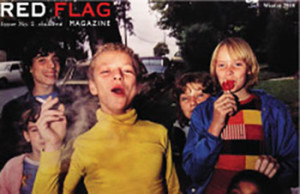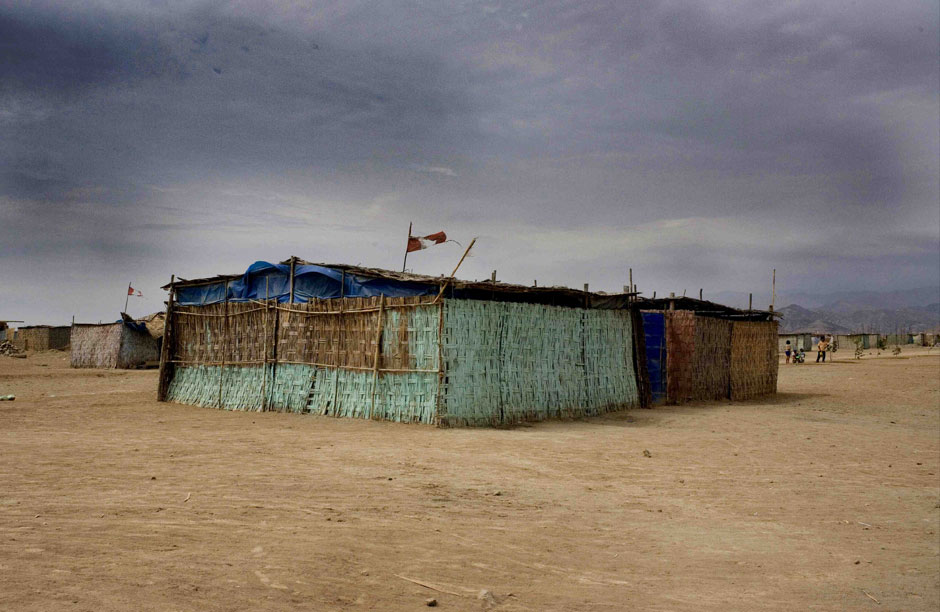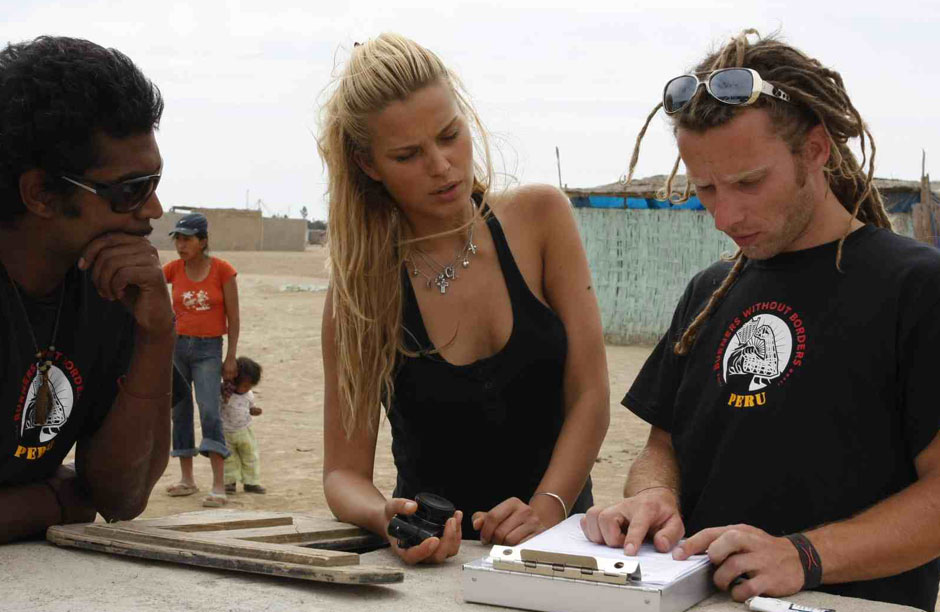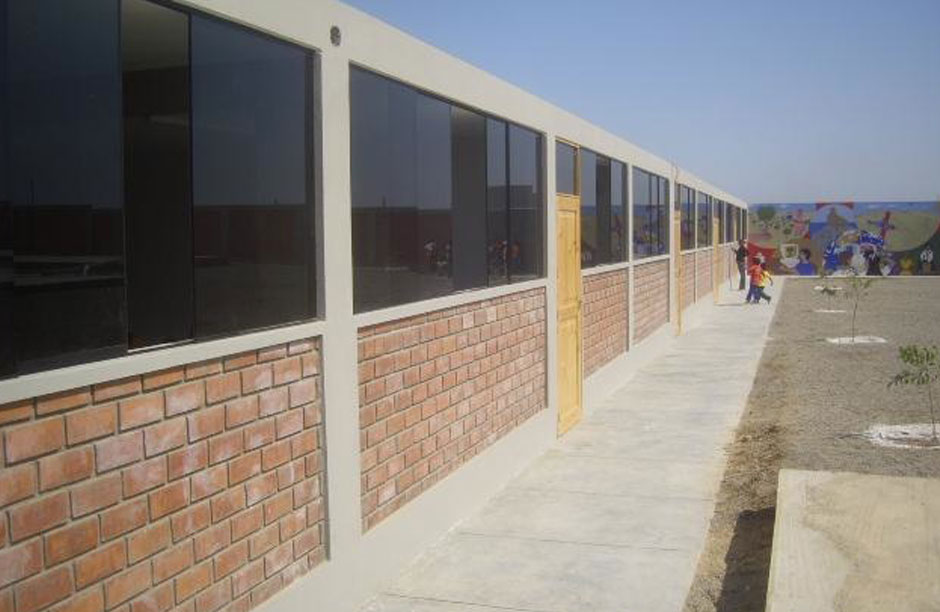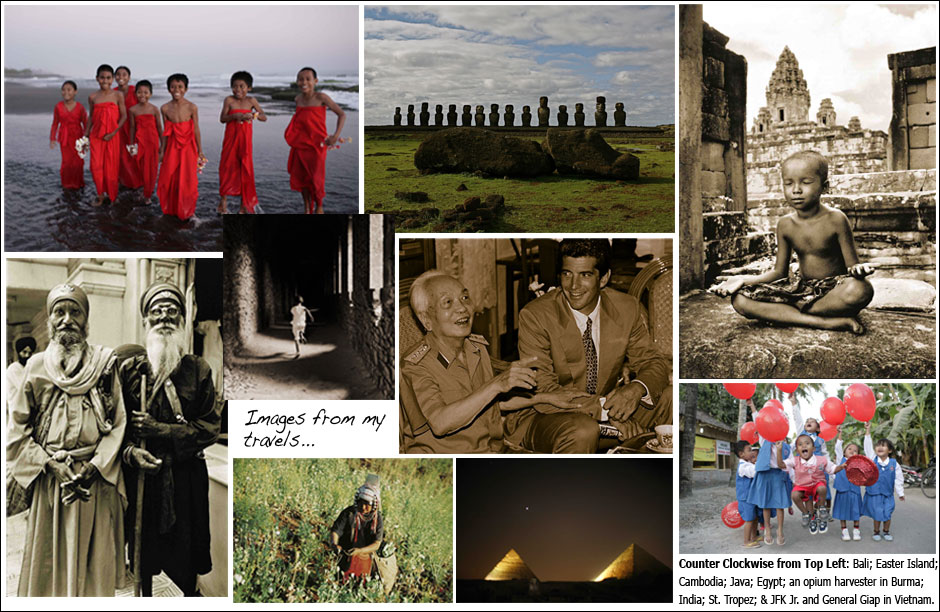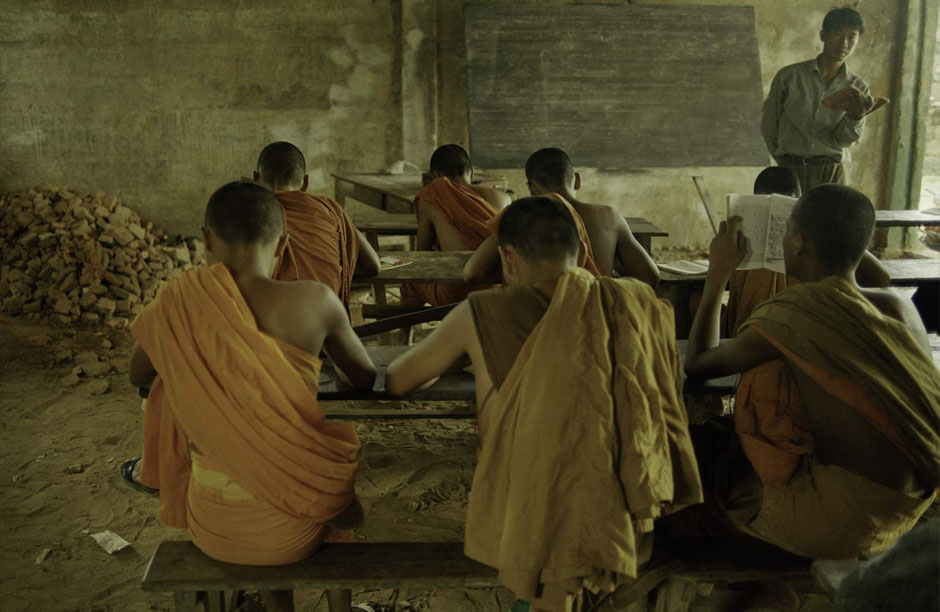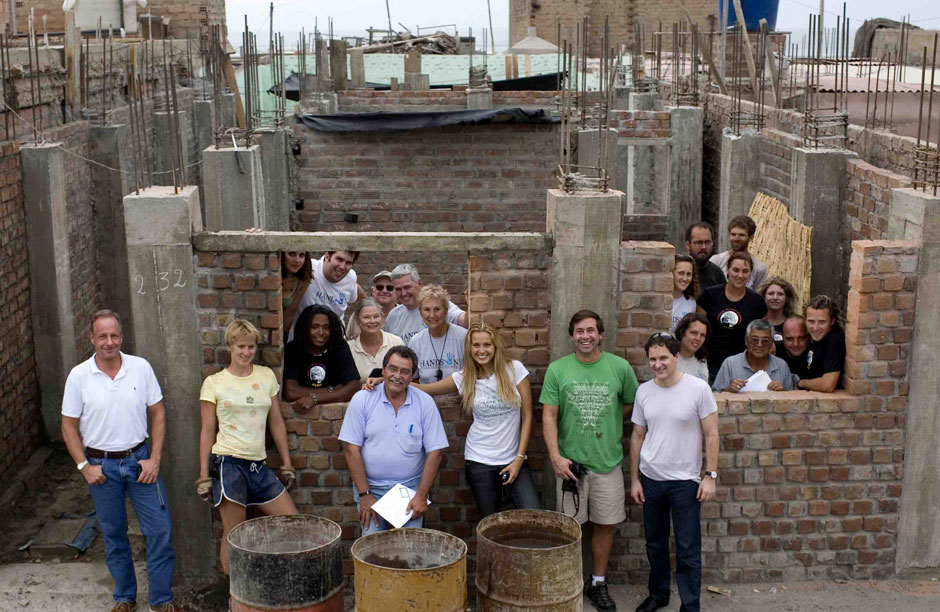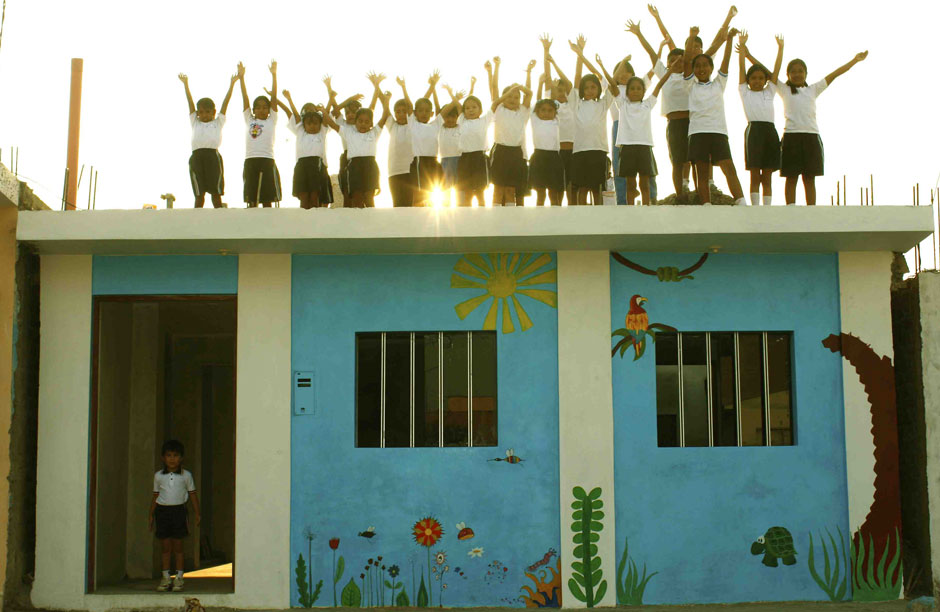Returning Home
By Robert Curran
I have been a photographer of both fashion and fine art for over 20 years. Photographing foreign people and foreign lands has been my main passion, and has taken me on a journey through over 90 countries on five continents. My childhood was spent growing up between a few very different places. I was born in Manhattan, raised in Peru, then moved to the Bahamas at age 8, only to move once more to the very strict environment of a preparatory boarding school in Deerfield, Massachusetts. However, it was growing up in Cuzco, Peru, amidst the remnants of Spanish colonialism and native traditions that sparked my interest in culture, fine art and fashion.
In choosing to be a photographer of fine art instead of photojournalism, it was beauty and not disaster that attracted my lens, but it was disaster that moved me and stimulated my need to do my part in the hard work it takes to restore what is broken back into something beautiful again. It was an earthquake that brought me back to Peru, but before that it was another disaster that opened my eyes to the rewarding experience of volunteering towards disaster relief.
In 2005, about a year after the tsunami hit Asia I met Czech model Petra Nemcova who had survived the tsunami and lost her fiancè to the same disaster. She had recovered from her extensive physical injuries , had written a book about her experience and was working diligently on a project she started called the Happy Hearts Fund. The Happy Hearts Fund is dedicated to improving children’s lives through educational and sustainable programs after natural disasters.
Petra started the Happy Hearts Fund because she was moved by the blessing of her survival and by the overwhelming sadness of the pervasive loss she witnessed firsthand. After the large emergency NGOs, such as the Redcrosss leave a disaster area there is a large gap of time before suitable infrastructure is put in place. Schools, permanent housing, counseling centers, and medical facilities have to be built quickly. HHF helps finance these projects along with local charities that oversee the projects. HHF now runs out of New York City and has taken on over 35 adolescent-focused projects in 12 different countries since its founding in 2006. They are also part of the relief efforts in Haiti right now.
When I met Petra she was looking to start the organization’s work by helping with tsunami relief in Asia. At the time, I was working on a book of my photographs called “Asian Dreams” of photographs mainly taken around Cambodia and the Angkor Wat to raise some funds for Asia Relief. I asked Petra to write a forward for my book and she kindly agreed. We then seemed by serendipity to run into each other several times, and we eventually started working together on a relief effort in Java after the earthquake there in 06′. I have a personal connection to Java having spent most of my summers for the past several years in Bali, and decided to go to Java to see I could help after an earthquake had hit the central community of Bantul.
This was my first experience taking part in relief effort work. It was all very grassroots and the funds were highly focused. It was such a rewarding way to see your efforts really make a difference. Ninety percent of all the houses and buildings in and around Java were destroyed or damaged. We decided to take on one building, a kindergarten to be built from scratch through another group called MUM, which stands for Manusia untuk Masyarakat (meaning: People for the Community) Alison Chester from the MUM organization showed me the Bantul kindergarten project and explained to me what needed to be done.
My neighbor in Bali, Michael Doumeg and I provided the first $20,000. Eight weeks later we saw the school completed within budget. Seeing the speed and success of the first kindergarten project, Michael and I decided to pair Happy Hearts Fund with MUM. Since then over 40 kindergartens and other schools have been built by MUM. Of these HHF has provided the funds for 28 of them. So the little seed we planted went a long way.
Soon the opportunity arrived to take what I had learned from my experience in Java and apply it to a place that was even closer to my heart. In 2007 an earthquake that measured 7.9 on the Richter Scale devastated three middle sized communities about 100 km south of Lima. A few months after the earthquake hit, I went to Peru to see what had happened. It was a dream come true to go back a place I hold so dearly and to be able to help out, but I didn’t imagine that it would be an even greater learning experience than Java had been.
I had my brother Rodrigo drop me off in the main square in Pisco and I went to work to try to find what was going on and who we could team up with to help. It was chaotic and bustling with volunteers. The peruvian government had made a lot of promises, which it was having trouble fullfilling. Homes and schools were not rebuilt and money was slow in coming. I heard horrific stories and saw the power of nature firsthand, but from the midst of disaster I was able to see and experience moments of kindness. People come from all around to help each other with no quid pro quo – they were there simply to help.
I linked up with two organizations, The HandsOn Network and Burners Without Borders. The HandsOn Network was in the process of leaving and BWB was taking over some of their facilities and volunteers. These were two grassroots organizations where vounteers paid for their own food and shelter and worked 10 to 16 hours a day moving rubble, building bridges and sanitary facilities. It was quite amazing, volunteers from all over the world who came for two or three weeks often ended up staying for three or four months living 12 to 14 in a room and sharing communal meals.
One of the main projects of HandsOn and then BWB was the San Andreas School. In the evenings the tired volunteers would garner small donations of $20 to $100 from relatives and friends to buy bricks and steel and cement, which by day they transformed into the school. There was a great sense of camaraderie, but funds were slow in coming. Being quite impressed with their devotion my friend Ben Benson and I provide the remaining $7,000 that they need for materials to finish the school.
In addition, the Burners were able to show us various schools which were beyond the scope of their capabilities. Petra and the Happy Hearts Fund team came a few months later. My brother organized a meeting with the dutch bank ING, and together we were able to rebuild several large schools in Pisco and the surrounding effected areas. The joint venture with ING has now been extended into a second year and an additional program has been put in place in Tabasco, Mexico.
We have sent back to school over a thousand children since the earthquake. Seeing the kids go back to school is always the greatest reward. The school was finished and we got there in the late afternoon. I got the kids on the roof and we made a beautiful photograph. It was truly one of those times when you know you are in the right place at the right time.
